Biomarkers to improve diagnosis and management of mild traumatic brain injury in vulnerable patients
The challenge
Each year, an estimated 69 million people worldwide sustain a traumatic brain injury (TBI).[1] The majority of cases (80%) are mild TBI (mTBI), which is one of the most frequent causes of admission to the emergency department.[1] TBI disproportionately affects children, teenagers, and senior citizens.[2]
In the ED, doctors use cranial computed tomography (CCT) scan to assess whether mTBI patients have any intracranial lesions or complications.[3] CCTs pick up intracranial lesions in less than 10% of mTBI patients and less than 1% require neurosurgical intervention.[4] That said, it is crucial intracranial injuries are rapidly diagnosed so the patient’s condition can be managed.
Because it is hard to predict which patients may have intracranial lesions after mTBI, doctors overuse CCTs for patients with mTBI. This is problematic as CCTs expose patients to ionising radiation, associated with an increased risk of cancer.
Considering the high prevalence of mTBI, overuse of CCTs for mTBI patients causes overuse of ED resources, avoidable deleterious uncomfortable waiting times in the EDs, high costs and an increased risk of radiation exposure.[5][6]
Doctors need objective tools to identify which patients are at risk of intracranial lesions in order to better target CCT indications while minimising the risk of delayed diagnosis. Hospitals and healthcare systems need to optimise patients’ triage while limiting overuse of CCTs. There is also a need to alleviate ED overcrowding and improve mTBI management costs.
The solution
To make it easier to triage mTBI patients and reduce the overuse of CCTs, the solution supported by BRAINI2 is an automated diagnostic test, the VIDAS® TBI. This measures the levels of two biomarkers in blood within 12 hrs after a TBI.[6] A negative test result after mTBI could rule out an acute intracranial lesion, helping avoid unnecessary CCTs and observation periods.
The VIDAS® TBI is a simple solution to triage mTBI patients in the ED, limiting the prescription of CCT and length of stay for patients with a negative result. The test will improve ED resource use, reduce costs and lessen the need for radiologists. It will also decrease CCT-induced cancer costs and the associated burden on healthcare systems.
EIT Health has already supported the development and use of the test for the general adult population through a previous project, BRAINI.[7] BRAINI2 will further develop the solution, so it can be used for children and elderly patients, including those with existing neurological conditions. The team plans to develop a personalised approach for these vulnerable populations to support clinical decision-making.
Expected impact
This project promises to optimise and extend the clinical use of an innovative diagnostic test, the VIDAS® TBI, to vulnerable patients with mTBI: the elderly, including those with an underlying neurological condition, and children. It will lay the groundwork for age-appropriate guidelines for acute mTBI care and diagnostic decisions.
Ultimately, BRAINI2 promises to enhance the effectiveness of care for patients of all ages with mTBIs and limit unnecessary CCTs. In doing so, it will help to reduce radiation exposure and cancer risk, particularly in young children. This will reduce the burden of CCT-related cancer on healthcare systems. It will also decrease the length of ED stays, allowing hospitals to focus resources on patients more likely to benefit from ED care.
External Partners
- CHU Clermont-Ferrand
- Luzerner Kantonsspital (LUKS)
References
[1] Dewan, M. C., et al. (2018). Estimating the global incidence of traumatic brain injury. Journal of Neurosurgery, 130, 1-18.
[2] Levin, H. S. and Diaz- Arrastia, R. R. (2015). Diagnosis, prognosis, and clinical management of mild traumatic brain injury. Lancet Neurology, 14(5), 506-17.
[3] Haydel, M. J., et al. (2000). Indications for computed tomography in patients with minor head injury. The New England Journal of Medicine, 343, 100–5.
[4] Stiell, I. G., et al. (2005) Comparison of the Canadian CT head rule and the New Orleans Criteria in patients with minor head injury. JAMA, 294(12), 1511-8.
[5] Sheppard, J. P., et al. (2018. Risk of Brain Tumor Induction from Pediatric Head CT Procedures: A Systematic Literature Review. Brain Tumor Research and Treatment. [online] Available at: <https://escholarship.org/content/qt5gv9b1cc/qt5gv9b1cc.pdf?t=qfk1la> [Accessed 25 March 2022].
[6] Bazarian, J. J., et al. (2018). Serum GFAP and UCH-L1 for prediction of absence of intracranial injuries on head CT (ALERT-TBI): a multicentre observational study. Lancet Neurology, 17(9), 782-789.
[7] Richard, M., et al. (2021). Study protocol for investigating the performance of an automated blood test measuring GFAP and UCH- L1 in a prospective observational cohort of patients with mild traumatic brain injury: European BRAINI study. BMJ Open. [online] Available at: <https://bmjopen.bmj.com/content/11/2/e043635> [Accessed 25 March 2022].
Members
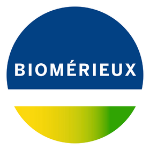
CLC/InnoStars: France
Partner classification: Business
Biomérieux (previously Institut Mérieux), a 14,000 employees bioindustrial group, includes bioMerieux, Transgene, Merieux Nutrisciences, Mérieux Développement and ABL Inc. It develops diagnostic and therapeutic solutions to fight infections, cancer and improve nutrition.
bioMérieux
bioMérieux, 17 Rue Bourgelat, 69002 Lyon, France
Key Activities in Corporate Innovation
Med Tech, Diagnostics
Key Activities in Business Creation
Finance & Investment
Key Activities in Education
Entrepreneurship training, Healthcare professional education/training

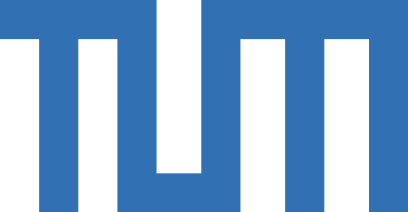
CLC/InnoStars: Germany
Partner classification: Education, Research, Tech Transfer, Clusters, Other NGOs, Hospital / University Hospital
Partner type: Core Partner
TUM is one of Europe's top Universities. It is committed to excellence in research and teaching, interdisciplinary education, and the active promotion of promising young scientists.
Technische Universität München (TUM)
Technische Universität München (TUM), Arcisstraße 21, 80333 München, Germany
Key Activities in Research and Developement
Biomedical engineering, Life Sciences, Social sciences / health economics, Clinical research
Key Activities in Business Creation
Incubation, Technology Transfer
Key Activities in Education
Entrepreneurship training, Technical faculties, Medical faculties

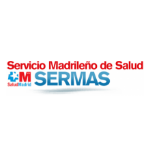
CLC/InnoStars: Spain
Partner classification: Municipality / City, Hospital / University Hospital
Servicio Madrileño de Salud (SERMAS) is the public health provider of the region of Madrid. SERMAS belongs to the Spanish National Health System and provides services to more than 6 million citizens through 38 hospitals and 424 primary care centres. SERMAS is an international reference for high-specialized medicine; it is equipped with state-of-the art stage technologies and characterized by high-qualified health professionals distributed in three domains: primary care, hospital care and emergency care through SUMMA 112. SERMAS has one of the best public primary care systems in good coordination with hospital care and social services in order to provide integrated care and achieve real impact on patients and families. In order to improve health research management and coordination, SERMAS works with 13 Research Foundations that support from the economic and administrative point of view research and innovation that originates at university hospitals, primary care, the emergency medical service and public health covering all areas of specialties and including communication and information technologic departments. These public research foundations focus on innovation and translational research, seeking for real outcomes in healthcare. SERMAS is committed to ensure the continuous improvement of quality.
Key Activities in Social Innovation
Healthcare provision, Payers
Key Activities in Business Creation
Technology Transfer, Testing & Validation
Key Activities in Education
Medical faculties, Healthcare professional education/training

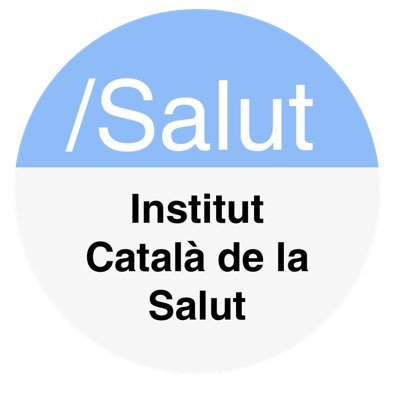
CLC/InnoStars: Spain
Partner classification: Education, Research, Tech Transfer, Clusters, Other NGOs, Hospital / University Hospital
With a staff of over 51,700 professionals, the Catalan Health Institute (ICS) is the largest public health services company of Catalonia, that provides health care to nearly six million people across the country. As a reference entity of the public health system, the aim of ICS is to improve people’s health and quality of live, through the provision of excellent health services in his 8 Hospitals and 949 primary care centers and local consultancy, regarding both the promotion of health and the treatment of diseases, from the most prevalent to the most complex ones. Also, our organization includes research - 7 Institutes - , and education. All of our activities embrace innovation and knowledge transfer as a guarantee to continuously improve the attention that the institution offers to the citizens.
Institut Català de la Salut (ICS)
Institut Català de la Salut, Gran Via de les Corts Catalanes, 587, 08007 Barcelona, Spain

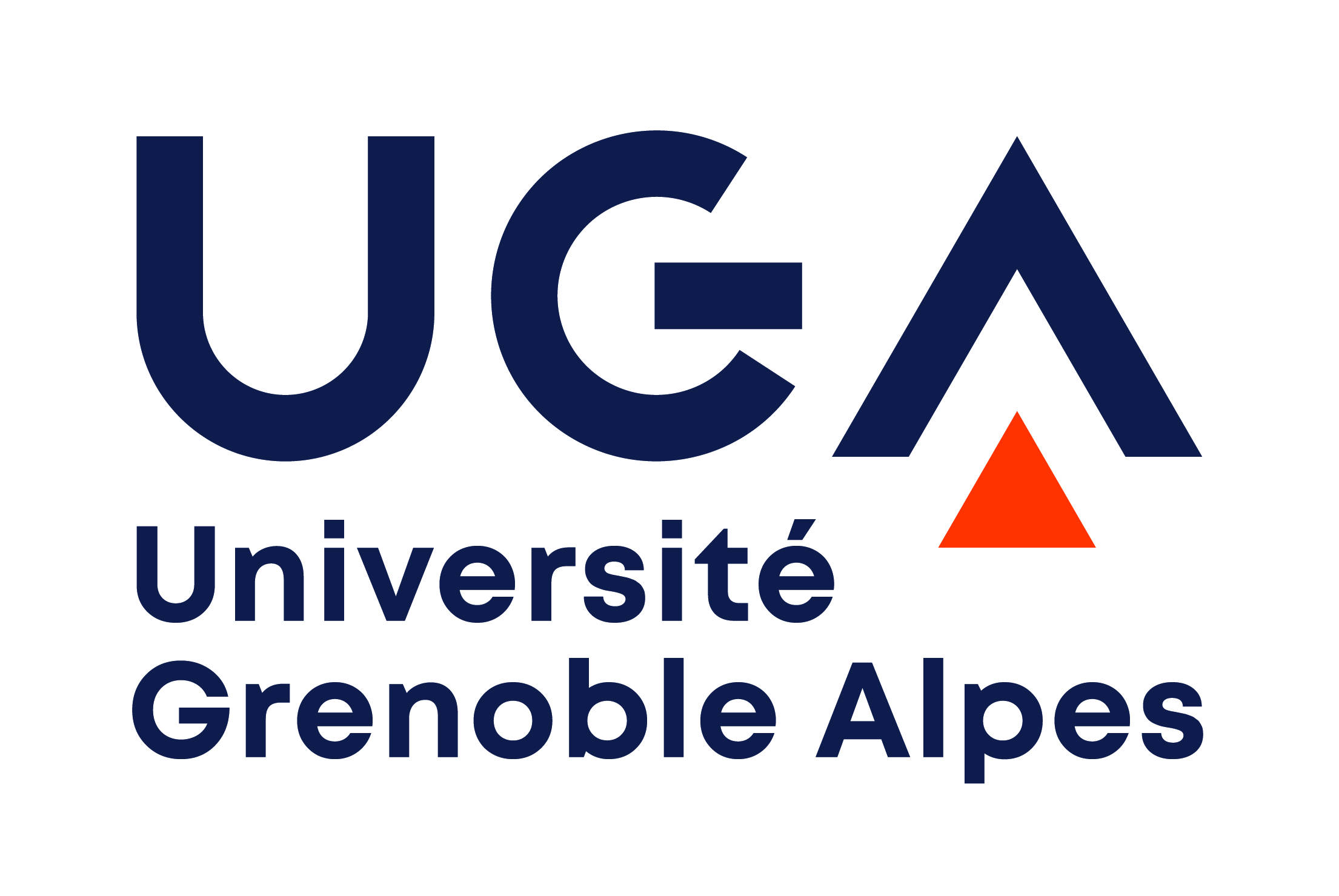
CLC/InnoStars: France
Partner classification: Education, Research, Tech Transfer, Clusters, Other NGOs
The UGA in Grenoble is a leading University of Science Technology and Health. Within 80 multidisciplinary laboratories, the UGA is developing outstanding research at national and international level. The UGA offers a wide range of training courses, from bachelor to doctorate, in close connection with the socio-professional environment to promote the integration of its students.
Université Grenoble Alpes (UGA)
621 Avenue Centrale, 38400 Saint-Martin-d'Hères
Key Activities in Research and Developement
Biomedical engineering, Life science, Social sciences /health economics
Key Activities in Corporate Innovation
Pharma, Med Tech, ICT, Diagnostics, Imaging, Nutricion
Key Activities in Business Creation
Incubation, Technology Transfer, Business coaching
Key Activities in Education
Entrepreneurship training, Technical faculties, Medical faculties, Healthcare professional education/training

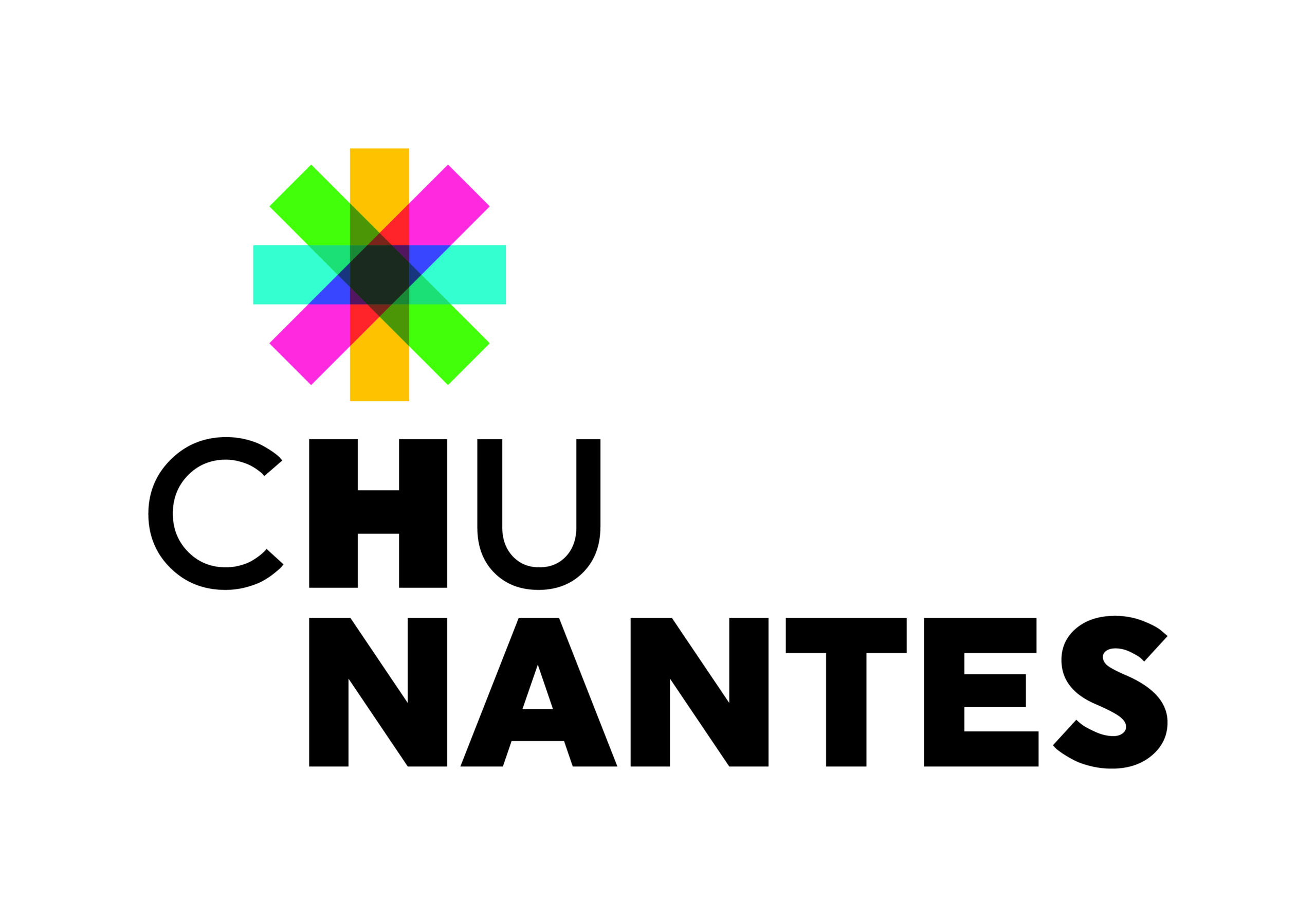
CLC/InnoStars: France
Partner classification: Hospital/University
Nantes University Hospital is the 6th largest French University Hospital, among the top 10 University Hospitals recognised as “highly committed to research”. It is a centre of reference and excellence on an inter-regional and national scale in a number of key fields including: biotherapies, cardiology, dermatology, hematology, immunology, nuclear medicine, oncology, pediatric care, rare diseases and transplantation.
Centre Hospitalier Universitaire de Nantes
5 allée de l'île gloriette 44093 Nantes Cedex 01
Key Activities in Research and Developement
Other research, Biomedical engineering, Life science, Social sciences /health economics, Clinical research
Key Activities in Social Innovation
Healthcare provision
Key Activities in Business Creation
Technology transfer, Testing & validation
Key Activities in Education
Medical faculties, Healthcare professional education
